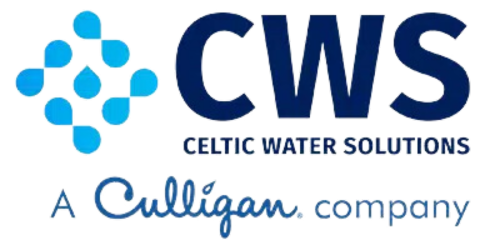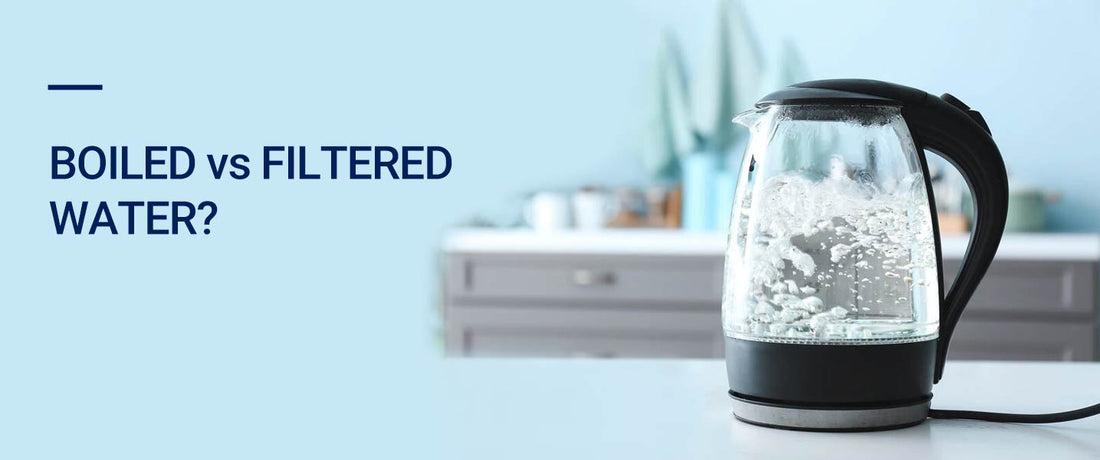Boiled Water
You probably already have a kettle, most homes do. That means you can consider boiling all your water before using it. Boiling water is one of the recommended methods of making water safe if you’re stuck in the wilderness. Unlike every other purification method that uses water filter or complicated systems to get rid of harmful microorganisms, boiling tap water is one of the most cost-effective purification methods for producing safe, clean, drinking water. You only need to find a source of heat.
Advantages of Boiling Water
Boiling water before drinking is one of the easiest and simplest methods of disinfecting water. In fact, health inspectors recommend boiling water whenever public water quality is compromised e.g. in boil water notices. The idea is to bring it to a boil and keep it there for at least one minute. That will kill most pathogens, viruses, and protozoa.
Disadvantages of Boiling Water
Boiling water can only remove bacteria, meaning it will not remove harmful substances such as chlorine and heavy metals such as lead from tap water. Boiling tap water with lead actually concentrates this contaminant making it more dangerous than if left alone. Boiling water impacts the taste of water leaving it with a flat taste. You can pour the water between two containers several times as this aerates the water and improves the taste. Another downside to boiling water is the long waiting time before you can actually use it. To purify water through boiling — you’ll need to wait several minutes for the water to boil, then allow it to cool unless you’re willing to drink it hot. And lastly, this boiling water for everything is expensive as it will quickly shoot up your energy costs.
Filtered Water
The alternative is to use a water filter. There are an array of products on the market and different types of water filters. You’ll need to decide if a whole house system is better suited to your needs than under-sink water filters. Water filters can be used to treat water with a wide variety of contaminants. Depending on the type – activated carbon and alumina, ceramic, UV or reverse osmosis – these devices provide different levels of filtering tap water.
Advantages of Filtered Water
Filtering does everything that boiling does, and even more. In fact, it fixes all issues that occur during boiling, from clearing the traces of limescale, heavy metals, chlorine, and other chemicals, to eliminating any odour. Compared to boiling, water filtration is much faster and enables people to enjoy clean, healthy drinking water with the touch of a button or lift of a faucet handle. Considering the amount of water you use in a day for coffee, drinking, and cooking, filtered water is the convenient solution compared to boiling water. Plus, there is an enhanced flavour without impurities, so the taste is usually better. There are many types of water filters, so you pick which one is best for your home and your needs. You may want one under the sink, on your faucet, or for your entire home!
Disadvantages of Filtered Water
Water filters do not pose any danger to your health. Perhaps the only disadvantage with filtered water is the initial cost of the water filtration system and future replacement filters. And this cost will depend on the type of water filtration system you get. This initial investment, however, quickly pays off as it costs just 2c to filter a litre of water which is nothing compared to what an average family spends on bottled water in a year. Bottled water is nearly 2000 times expensive than filtered water. Read More: Bottled Water vs Filtered Water
Do You Need to Boil Filtered Water?
The answer to this question depends on the type and quality of the water filter you are using. Basic filters eliminate contaminants such as dirt, sediment and chorine and may not be able to microbiologically disinfect the water. On the other hand, more advanced versions such as a reverse osmosis system can eliminate up to 99% of commonly found contaminants in water such as fluoride, chlorine, lead, arsenic, pesticides, chemicals, organic compounds, cysts and much more. If there is a baby in the house, you should boil the water anyway as babies have immature immune systems which make them vulnerable to getting sick. When making baby bottles, simply use reverse osmosis water and boil it to ensure it’s safe for consumption. Read More: Best Water for Preparing Baby Formula Water quality from private water supplies such as a well could vary throughout the year, especially in the rainy season. To remove microorganisms such as viruses and bacteria, it is highly recommended to get a UV Sterilizer that will kill any harmful microorganisms lurking in your water.

